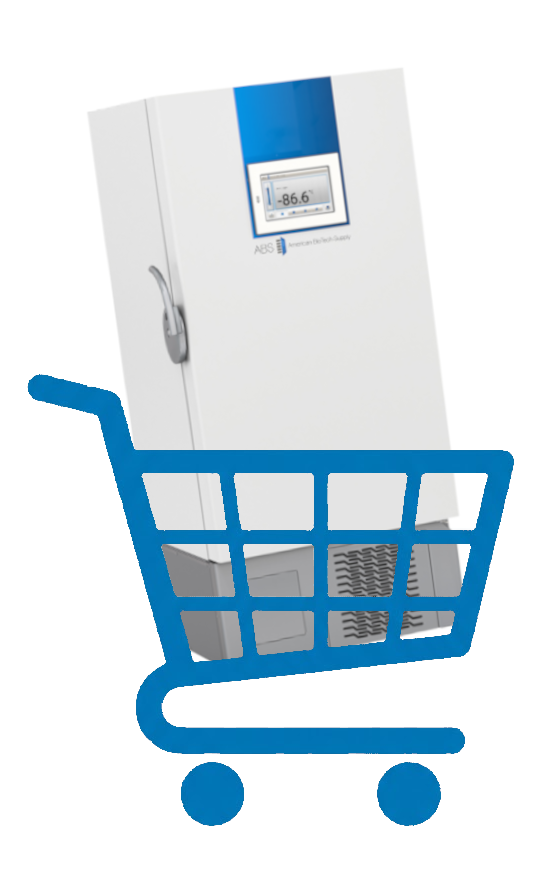Trade Shows
Visit American BioTech Supply at ASHP Midyear 2025 in Las Vegas
Join us at booth #1076 to explore our line of premier pharmacy-grade cold storage solutions. All our products are [...]
Oct
Ultra Low Temperature (ULT) Storage
How to Monitor Temperature in an Ultra-Low Temperature Freezer?
Monitoring temperature in an ultra low temperature freezer (ULT) is incredibly important for sample safety and protection.
Aug
Ultra Low Temperature (ULT) Storage
How Do Ultra Low Temperature Freezers Work?
How ULT Freezers Work: A Muli-cycle System Ultra low temperature freezers work by using a multi-compressor system to achieve [...]
Aug
Ultra Low Temperature (ULT) Storage
How do I Check my Ultra Low Freezer for Temperature Accuracy?
Check your Ultra Low Temperature Freezer for Temperature Accuracy: What Tools to Use? The simplest way to check the [...]
Jul
Ultra Low Temperature (ULT) Storage
ULT Freezer Maintenance: Tips and Techniques for Ultra-Low Storage
ULT Freezer Maintenance 101 Science depends on ULT storage. At temperatures around -80°C, an ultra low temperature freezer empowers [...]
Jul
Uncategorized
Handling Temperature Excursions: What Every Lab Should Know
Introduction to Temperature Excursions No one likes surprises in the lab, especially when it comes to cold storage. One [...]
Jun
Vaccine Storage
Revolutionizing Vaccine Storage for Retail Pharmacies
Introduction to NSF Vaccine Storage Pharmacies play a critical role in public health, particularly as the demand for [...]
May
Vaccine Storage
Storing Allergy Meds, Vaccines, and Testing Kits: A Practical Guide
Introduction The warmth of spring is a welcome change as most of the country thaws from winter. Yet, the [...]
Apr








